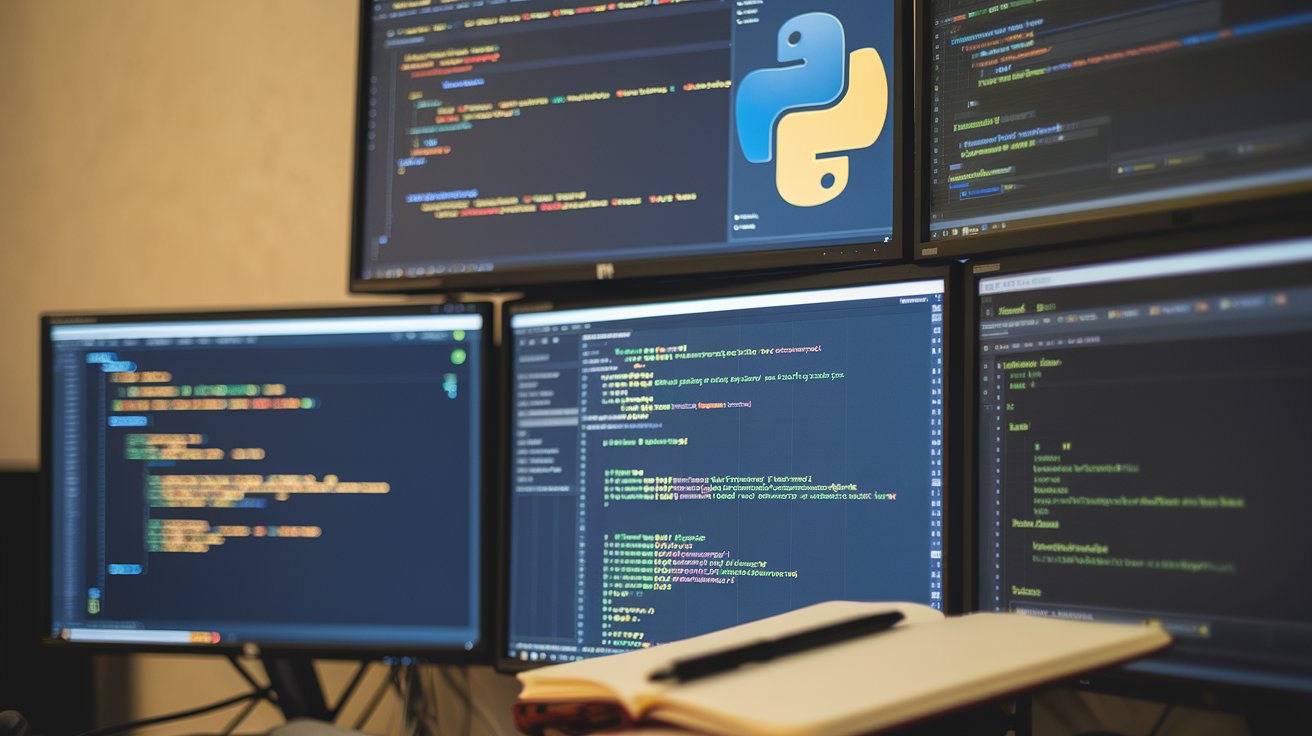
In today’s rapidly evolving technological landscape, coding and programming skills have transformed from optional talents to essential competencies. As we navigate through 2025, the integration of digital technologies across industries has created an unprecedented demand for individuals who can speak the language of computers. This shift isn’t just affecting traditional tech roles – it’s reshaping the entire workforce landscape.
The Essential Programming Languages of 2025
Python remains the reigning champion of programming languages, particularly in data science, artificial intelligence, and automation. Its intuitive syntax and vast library ecosystem make it an invaluable tool for both beginners and experts. Meanwhile, JavaScript continues to dominate web development, with frameworks like React and Next.js leading the charge in creating dynamic, responsive web applications.
Rust has gained significant traction in system programming and infrastructure development, offering memory safety and performance benefits that make it increasingly popular among developers working on critical systems. Additionally, Go has cemented its position in cloud computing and microservices architecture, becoming a staple in DevOps practices.
AI and Machine Learning: The New Programming Frontier
The surge in artificial intelligence applications has created a distinct need for professionals who understand both traditional programming and machine learning concepts. Understanding frameworks like TensorFlow and PyTorch has become crucial for developers looking to stay competitive in the job market. The ability to work with large language models and implement AI solutions has transformed from a specialist skill to a mainstream requirement.
Cross-Platform Development Skills
With the continued proliferation of devices and platforms, the ability to develop applications that work seamlessly across different environments has become paramount. Flutter and React Native have emerged as essential tools for developers who need to create applications that function flawlessly on both iOS and Android devices. Understanding cross-platform development principles is no longer optional for those seeking to build modern applications.
Cloud Computing and Infrastructure as Code
Cloud platforms like AWS, Azure, and Google Cloud Platform have become the backbone of modern software development. Understanding cloud architecture and being able to write infrastructure as code using tools like Terraform or CloudFormation is now a fundamental skill. The ability to orchestrate containerized applications using Kubernetes has become increasingly important as organizations continue to scale their operations.
Cybersecurity Programming
With the rising frequency and sophistication of cyber threats, security-conscious programming has become essential. Understanding secure coding practices, encryption implementation, and vulnerability testing has become crucial for all developers, not just security specialists. Knowledge of security automation and the ability to write scripts for security testing and monitoring is increasingly valued.
Low-Code and No-Code Development
While traditional programming remains crucial, the rise of low-code and no-code platforms has created a new category of development skills. Understanding how to effectively use these platforms while knowing when to implement custom code solutions has become an important balancing act for modern developers.
Version Control and Collaboration Tools
Proficiency in Git and collaborative development platforms has become non-negotiable. The ability to effectively manage code versions, collaborate with team members, and contribute to open-source projects is now as important as writing code itself. Understanding CI/CD pipelines and automated testing frameworks is essential for ensuring code quality and maintaining efficient development workflows.
Data Analytics and Visualization
The ability to work with data has become crucial across all industries. Skills in data manipulation using pandas, data visualization with tools like D3.js or Tableau, and database management with SQL and NoSQL systems are increasingly important. Understanding how to extract meaningful insights from data and present them effectively has become a valuable skill set.
Sustainable and Green Computing
A newer but increasingly important aspect of programming is understanding how to write energy-efficient code and develop sustainable software solutions. As organizations focus more on their environmental impact, the ability to optimize code for reduced power consumption and carbon footprint has gained significance.
Conclusion
The programming landscape of 2025 demands a diverse skill set that goes beyond traditional coding abilities. Success in this field requires continuous learning and adaptation to new technologies and methodologies. While mastering every programming language and tool is impossible, focusing on foundational concepts while staying current with emerging technologies is key. The future belongs to those who can combine technical proficiency with problem-solving skills and adaptability.
As we move forward, the distinction between programmers and other professionals continues to blur, making basic programming literacy increasingly important across all sectors. Whether you’re a seasoned developer or just starting your journey into programming, investing in these skills will prove invaluable in navigating the digital future. The key to success lies not just in learning specific languages or tools, but in developing a mindset of continuous learning and adaptation to technological change.

Leave a Reply